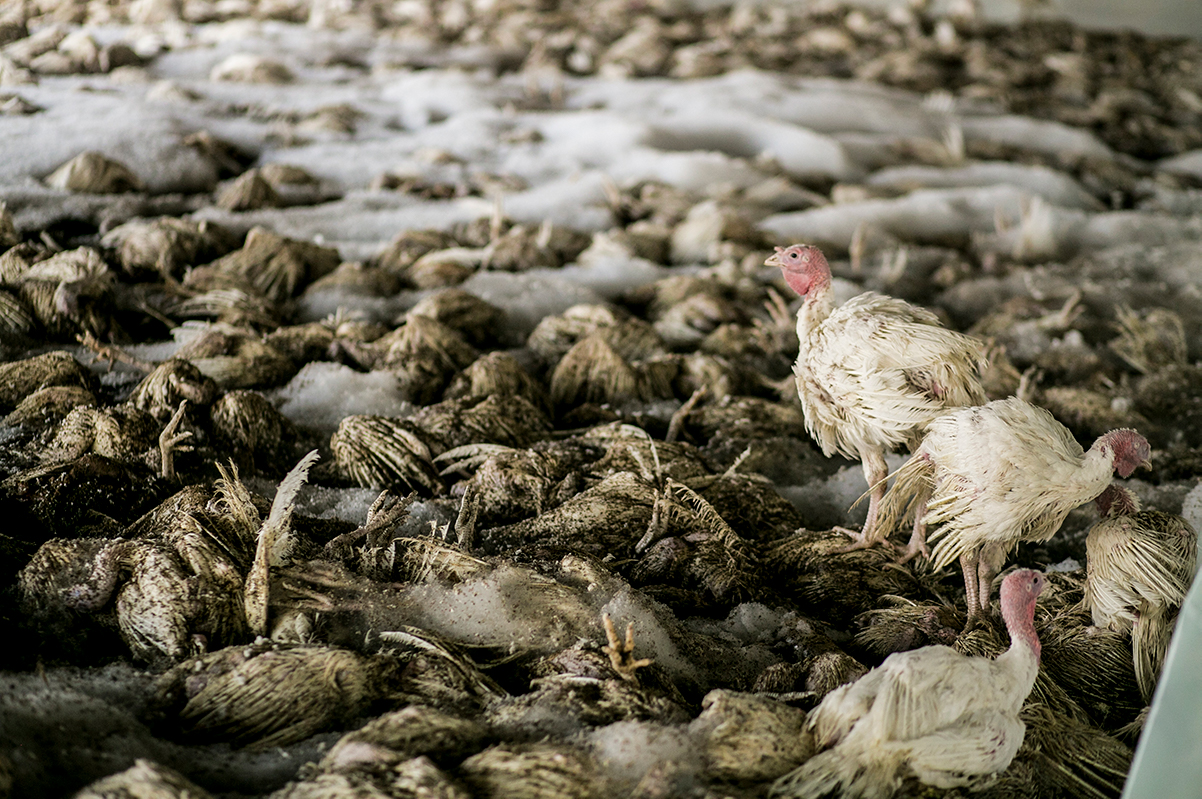Avian Influenza Transmission and Prevention

Avian influenza, commonly known as bird flu, is a highly contagious viral infection that affects birds. It can be transmitted to humans and other animals, causing severe respiratory illness. Understanding the transmission routes and implementing effective prevention measures are crucial to control and prevent outbreaks.
Transmission Routes, Avian influenza
Avian influenza can spread through various routes:
- Direct contact: Infected birds shed the virus through their saliva, nasal discharge, and feces. Direct contact with these secretions can transmit the virus to other birds or humans.
- Indirect contact: The virus can survive on surfaces and objects for extended periods. Contact with contaminated surfaces, such as poultry equipment, clothing, or cages, can lead to infection.
- Airborne transmission: In enclosed spaces, the virus can become airborne and spread through respiratory droplets.
Biosecurity Measures
Biosecurity measures are essential to prevent the spread of avian influenza in poultry farms:
- Isolation: Keep poultry away from wild birds and other animals that may carry the virus.
- Hygiene: Regularly clean and disinfect poultry houses, equipment, and vehicles.
- Vaccination: Vaccination can help protect poultry from infection.
- Surveillance: Monitor poultry for signs of illness and report any suspicious cases promptly.
Vaccination
Vaccination plays a crucial role in controlling avian influenza outbreaks:
- Effectiveness: Vaccines can provide immunity against specific strains of the virus.
- Timing: Vaccination should be done before the expected onset of an outbreak.
- Coverage: Vaccination should cover all susceptible birds in a population.
- Limitations: Vaccines may not be effective against all strains of the virus.
Impact of Avian Influenza on the Poultry Industry

Avian influenza, also known as bird flu, is a highly contagious viral infection that can affect domestic poultry, wild birds, and humans. Outbreaks of avian influenza can have a significant economic impact on the poultry industry, leading to losses in productivity, trade restrictions, and consumer concerns.
The economic impact of avian influenza outbreaks can be substantial. In the United States, the 2014-2015 outbreak of highly pathogenic avian influenza (HPAI) led to the loss of over 50 million birds and cost the industry an estimated $3.3 billion. The outbreak resulted in the destruction of entire flocks, trade restrictions, and a decline in consumer demand for poultry products.
Challenges Faced by Poultry Farmers
Poultry farmers face a number of challenges in controlling and eradicating avian influenza. The virus can spread rapidly through poultry flocks, and it can be difficult to contain outbreaks. Farmers must implement strict biosecurity measures, such as isolating infected flocks, disinfecting equipment, and restricting access to poultry houses. They must also work closely with veterinary authorities to monitor for signs of the disease and to implement control measures.
Government Regulations and Policies
Governments play a critical role in mitigating the impact of avian influenza on the poultry industry. They can implement regulations and policies that help to prevent the spread of the disease, control outbreaks, and compensate farmers for losses. These measures may include:
- Surveillance and monitoring programs to detect outbreaks early.
- Quarantine and movement restrictions to prevent the spread of the disease.
- Vaccination programs to protect poultry flocks.
- Compensation programs to reimburse farmers for losses due to outbreaks.
Avian influenza is a serious disease that can affect both domestic and wild birds. It’s important to be aware of the signs and symptoms of avian influenza, so you can take steps to protect your birds. The spain vs england final 2024 is a highly anticipated event, and it’s important to take precautions to prevent the spread of avian influenza.
Make sure to wash your hands thoroughly before and after handling birds, and avoid contact with sick birds.
Guys, you know avian influenza is a thing, right? It’s like a flu for birds. But here’s the crazy part: did you know that spade toothed beaked whales are super susceptible to it? These whales have a special organ that makes them extra vulnerable.
So, if you’re near birds and whales, watch out for avian influenza. It’s like a wild game of tag for your health!